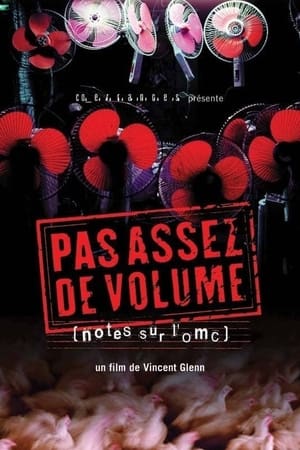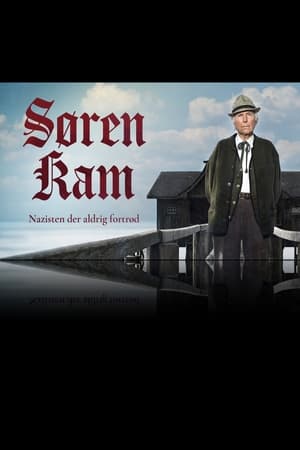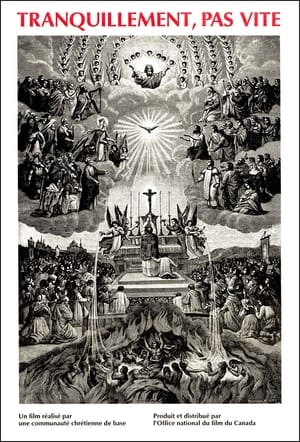

Den gamle mand og skoven(2020)

Movie: Den gamle mand og skoven

Den gamle mand og skoven
HomePage
Overview
Release Date
2020-01-01
Average
0
Rating:
0.0 startsTagline
Genres
Languages:
Keywords
Similar Movies
Delightful Denmark(en)
This travelogue begins with the vast agricultural wealth of the country, whose farmers can produce four times the amount required to feed the country's population. As such, the export of these agricultural products is a vital part of the country's economy. This agricultural tradition extends to its food consumption, as Denmark's vast array of open faced sandwiches is world renowned. It also extends to flower production and the Dane's love of flowers, which are sold in public markets. Denmark has a strong social support system, as witnessed by the free and mandatory public schooling, free medical services for expectant mothers and children, the provision of cooperative housing and housing for seniors, and the provision of old age pensions without premiums.
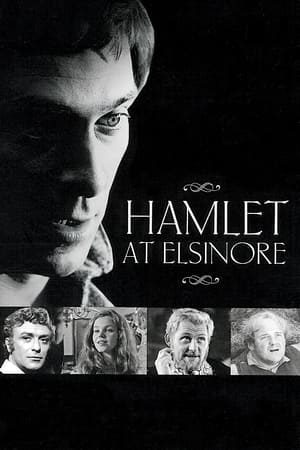 7.8
7.8Hamlet at Elsinore(en)
The ghost of the King of Denmark tells his son Hamlet to avenge his murder by killing the new king, Hamlet's uncle. Hamlet feigns madness, contemplates life and death, and seeks revenge. His uncle, fearing for his life, also devises plots to kill Hamlet. An historic BBC production taped on location in and around Kronborg castle in Elsinore (Denmark), in which the play is set.
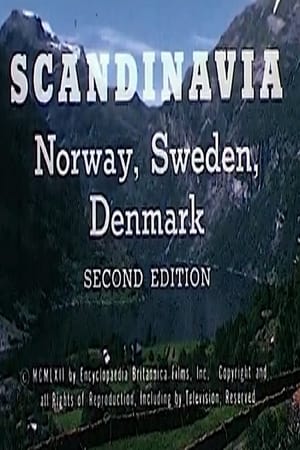 0.0
0.0Scandinavia: Norway, Sweden, Denmark(en)
This film provides contrasts and similarities among the three countries. In Norway, Deneen visits with a fishing family from the small city of Alesund, in Denmark, with a farm family, and in Sweden, with the family of a glassworker. The countries are contrasted in terms of natural resources and reliance on trade.
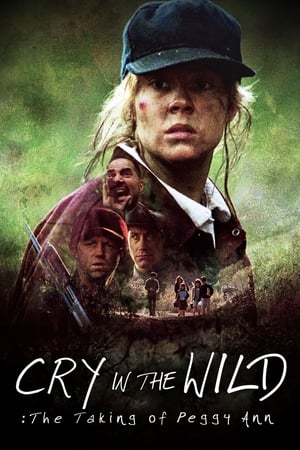 5.1
5.1Cry in the Wild: The Taking of Peggy Ann(en)
True story of a young woman's abduction by a deranged loner that led to the largest manhunt in the history of Pennsylvania.
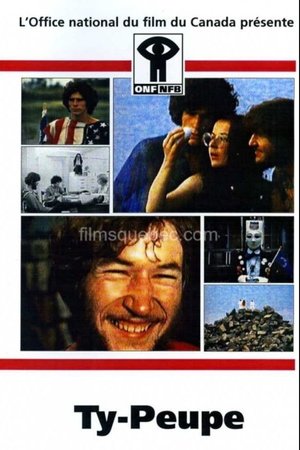 7.2
7.2Ty-Peupe(en)
The ideal of youth is at the centre of this eloquent film, mixing documentary and fiction, art and experimentation. Demonstrating both formal and narrative freedom, Bélanger weaves a deliberately loose weave in which the initiatory journey of two young people, wandering through Montreal in search of a job, unfolds. But not just any job. The two idealists want a job that will satisfy their desire for freedom, peace and respect. Of course, even though the breath of renewal from Expo 67 still floats here and there, the world they encounter does not correspond - by far - to their aspirations. Strangers in this country that tells them nothing, they come across brutally, materialism, violence, and egocentrism.
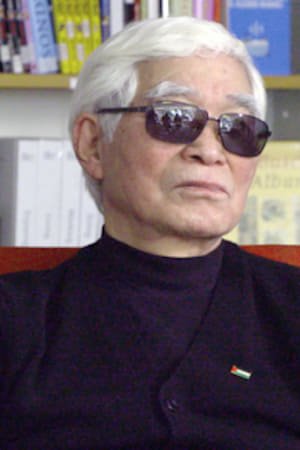 0.0
0.0Bruno & Bettina(de)
Masao Adachi, the author and director of experimental works and pinku-eiga in the 1960s, was a member of the Japanese New Left that shifted from being a filmmaker to a guerrilla fighter. In 1974, he joined the Japanese Red Army in Lebanon, which worked closely with the Popular Front for the Liberation of Palestine. Filmmaker Lutz Dammbeck met Adachi in Tokyo in 2018 and talked with him about a wide range of topics, including art, revolution, the influence of western avant-garde art and American underground; the Japanese Red Army; collaboration with secret services; the role of the Left after 1968; and the reasons for failures of leftist ideas and strategies.
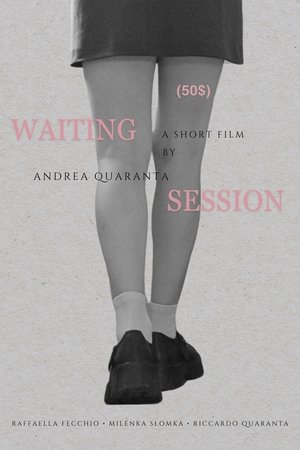 10.0
10.0Waiting Session (50$)(en)
In an increasingly oppressive modern age, the characters of this film are subject to the alienation and meanness that characterizes today’s days.
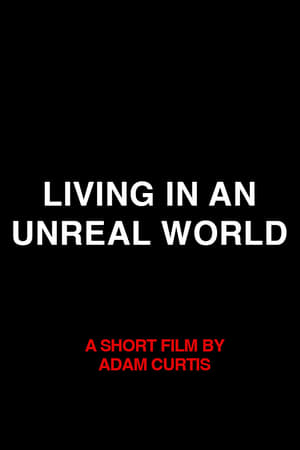 0.0
0.0Living in an Unreal World(en)
Short film for Vice Media about the illusion of stability, freedom, and prosperity in the West, comparing it to life in the Soviet Union during the 1970s. Ends with a trailer for HyperNormalisation.
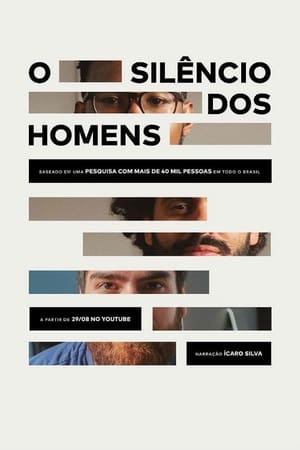 8.5
8.5The Silence of Men(pt)
This film is part of a project that has listened to over 40,000 people on masculinity issues and has resulted in a documentary and a tool book based on this publicly available study through an agreement with the Social Information Consortium (CIS) of the University of São Paulo.
 0.0
0.0The Perfumed Garden(ar)
THE PERFUMED GARDEN is an exploration of the myths and realities of sensuality and sexuality in Arab society, a world of taboos and of erotic literature. Through interviews with men and women of all ages, classes, and sexual orientation, the film lifts a corner of the veil that usually shrouds discussion of this subject in the Arab world. Made by an Algerian-French woman director, the film begins by looking at the record of a more permissive history, and ends with the experiences of contemporary lovers from mixed backgrounds. It examines the personal issues raised by the desire for pleasure, amidst societal pressures for chastity and virginity. The film discusses pre-marital sex, courtship and marriage, familial pressures, private vs. public spaces, social taboos (and the desire to break them), and issues of language.
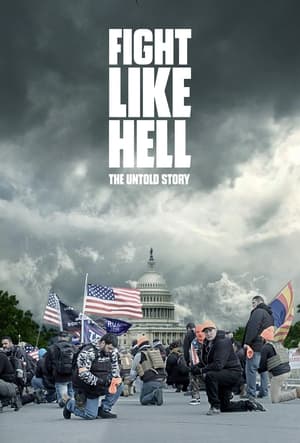 0.0
0.0Fight Like Hell(en)
As the nation grapples with the echoes of January 6, this documentary provides a crucial, unvarnished perspective on that pivotal day. This narration-less documentary shows events leading up to and including January 6, challenging viewers to confront the fragility of democracy and reflect on our collective responsibility to protect it.
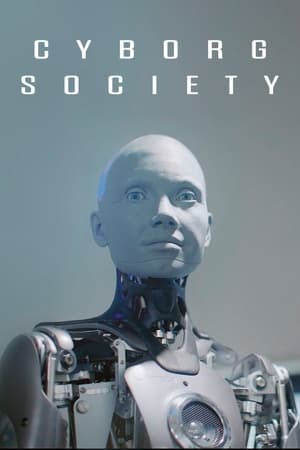 7.0
7.0Cyborg Society(en)
What does the looming A.I. revolution mean for us as individuals and as a society?
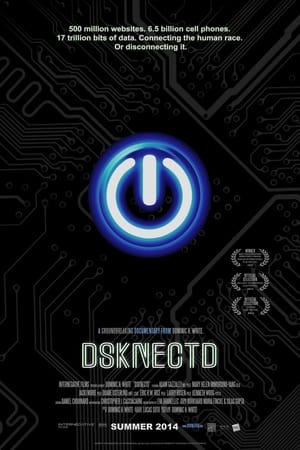 6.9
6.9DSKNECTD(en)
As clichés go, in 1999 the World as we knew it was about to change - and we'd been expecting it. Since childhood we'd been promised that the 21st century would bring us dramatic new technologies like flying cars and Utopian cities. Instead it bought us the smart-phone, social media, and virtual societies. And as it turns out these technologies began to transform society almost as dramatically as the moon colonies we'd been expecting. Now over a decade into the revolution, 'DSKNECTD' explores how digital communication technology is profoundly changing the way we interact and experience each other - for the good and for the bad.
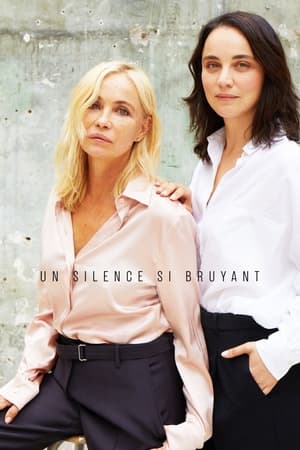 0.0
0.0Such a Resounding Silence(fr)
Through this documentary, Emmanuelle Béart aims to uncover the truth about incest. The actress, accompanied by director Anastasia Mikova, breaks her silence and confronts her reality with that of others, shedding light on a taboo subject.
